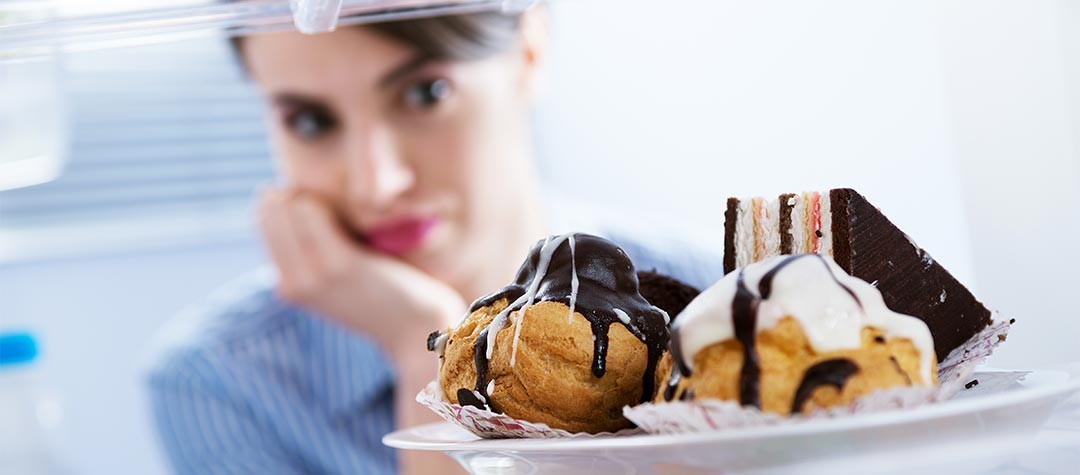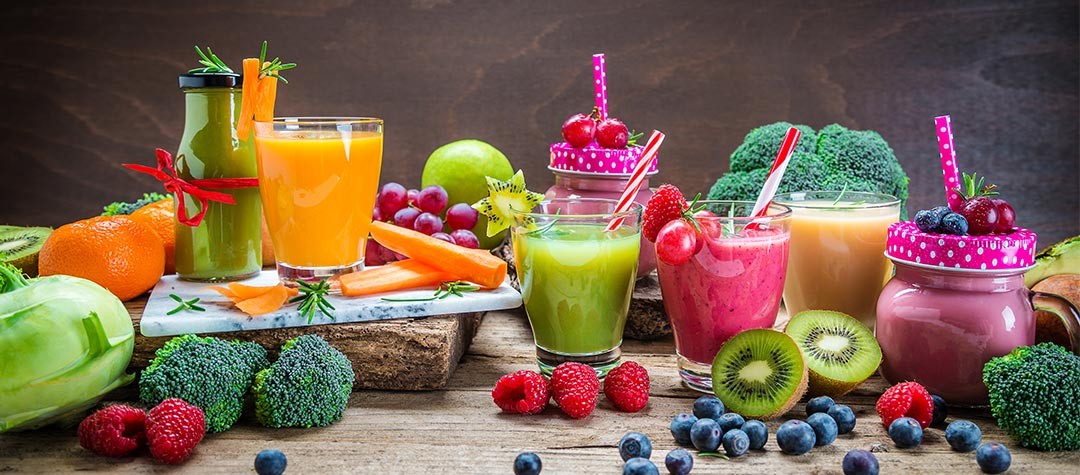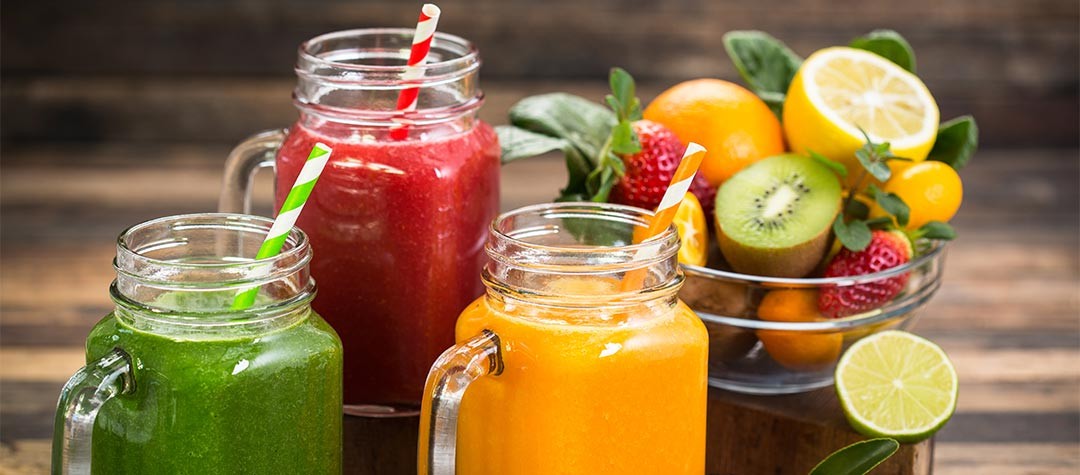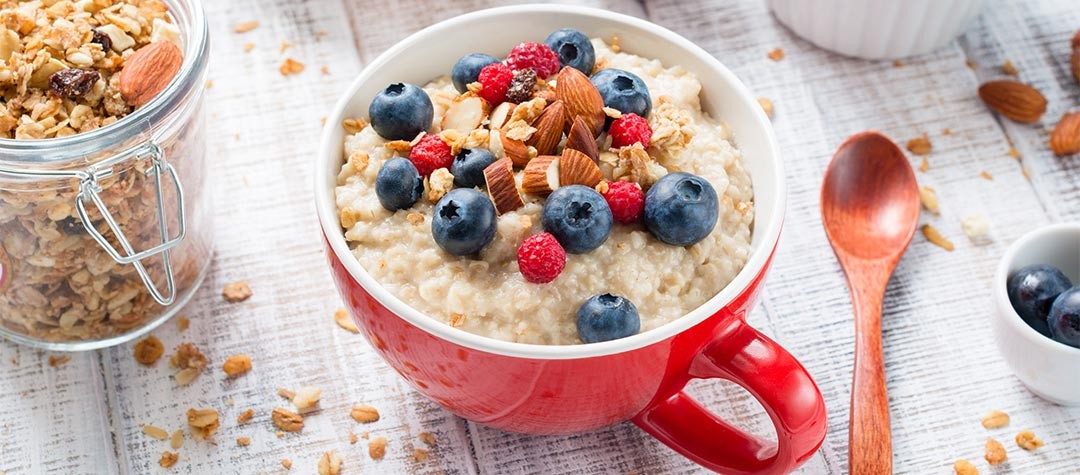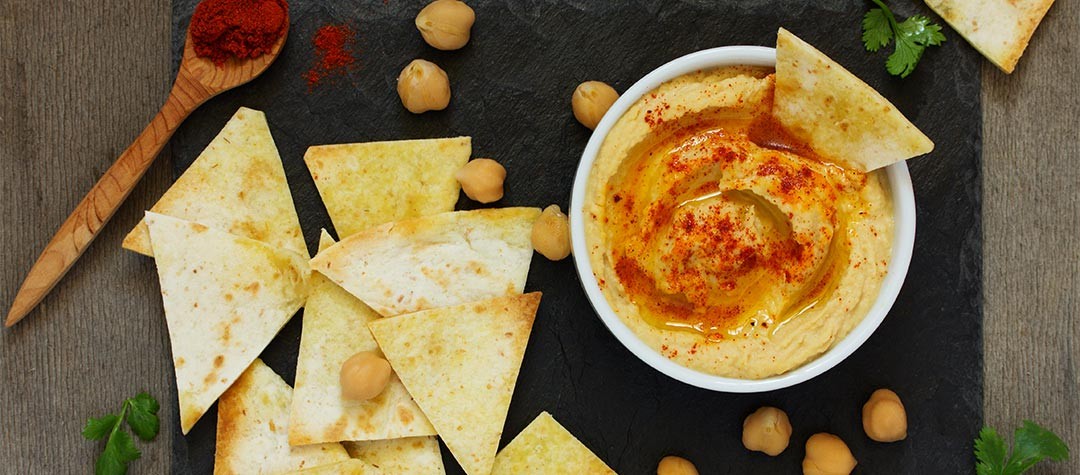Need help coping with food cravings? Some researchers think we crave certain foods because the body lacks nutrients. Whatever the case, here are some tips to help you out.
Cravings often originate from a number of sources. Many people who are dieting often crave carbohydrates; this may be because their current diet is too low in calories. Carbohydrate cravings can simply be due to your blood sugar levels being too low.
Alternatively, pleasurable foods (usually high-fat, high-sugar foods) are used as a reward, and for comfort, during childhood. So, when you’re an adult and you go through happy or stressful times it is quite likely that you will ‘crave’ certain foods that you associate with feelings such as happiness or stress.
As soon as we think of going on a diet, many of us think of deprivation — and never being able to have chocolate or chips ever again usually makes us want them even more. In fact, research shows that restriction leads to binging. Remember back to your childhood; when your parents told you that you couldn’t have something; did it make you want it even more? Your answer to this will be a resounding ‘yes’! So try eating everything in moderation and follow a balanced diet , as this may be the best way to avoid cravings.
Coping with cravings
Before you eat, have you ever thought about whether or not you are genuinely hungry or whether you just crave a food? Plan in advance what you are going to do when a craving arises , as this will make it much easier to cope when you do crave a food.
Cravings are often a learned response; this means that you can unlearn them! The more that you manage to resist the craving, the more likely you are to permanently change the way that you respond to your cravings. Remember, all is not lost if you do give in to a craving — just plan how you will cope the next time it happens, be kind to yourself and move on.
Tips to help you manage your cravings :
1. Drink more fluid
Sometimes you may think that you are hungry for food when in actual fact you may need fluid instead. It is always a good idea to have a drink before a meal or instead of a snack, as you could be dehydrated. Keep that water bottle filled up on your desk at work! Ideally, try to drink at least 1 to 2 litres - or 35 to 70 fl oz - of fluid per day.
2. ‘Distraction therapy’
This just means trying to focus on something other than food. For example, you could try to read a book, take a bath or call a friend instead of reaching for the chocolates.
3. Rate your hunger
Before you eat, ask yourself how hungry you really are. Could you manage without that bar of chocolate? It can take a while between starting to eat and feeling full, so try to eat more slowly, as this will make you better able to gauge when you have had enough to eat. Eating at a more leisurely pace will also make the experience of eating more pleasurable.
4. Reducing temptation
Avoid buying some of the foods that you find you cannot resist eating. It may be hard to do initially but give it a go. Don’t forget: you are in control of your eating.
5. Filling in a food diary
This will help you to identify your daily patterns of eating. Make a note of the food you eat and score your hunger on a scale of 1 to 10 at set times throughout the day. Try noting how you feel before and after eating food. This should help you to identify your reasons for eating. Boredom may be a reason that you eat; your food diary should help to identify your triggers for eating and therefore help you to find a solution.
6. Make sure you ‘fuel up’ frequently
Eating little and often is really important as it gives us a constant supply of energy throughout the day. Go for low GI foods that release energy slowly, rather than high GI foods which give you a quick energy boost but then a sharp lull, usually followed by cravings.
7. Have breakfast
The first meal of the day really is important, so make sure you have something for breakfast every day. This will supply you with the fuel you need to maintain energy levels until lunch.
If you really want ice-cream or chocolate occasionally, then have it. Always remember there is nothing wrong with high-fat, high-calorie foods in moderation as part of a healthy, balanced diet.

